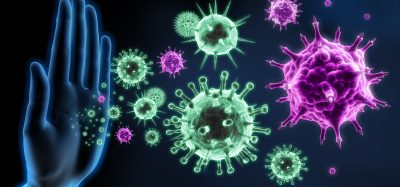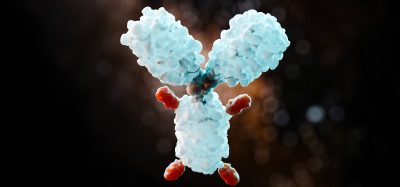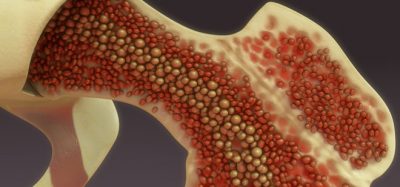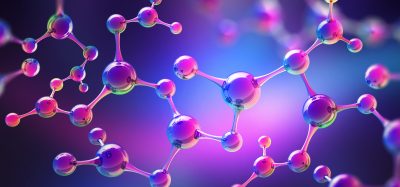Analysis finds COVID-19 infection may provide protective immunity
Posted: 7 January 2021 | Hannah Balfour (Drug Target Review) | No comments yet
A new analysis suggests SARS-CoV-2-specific antibodies remain relatively stable for eight months and Spike protein-specific memory B cells increase in number over time.
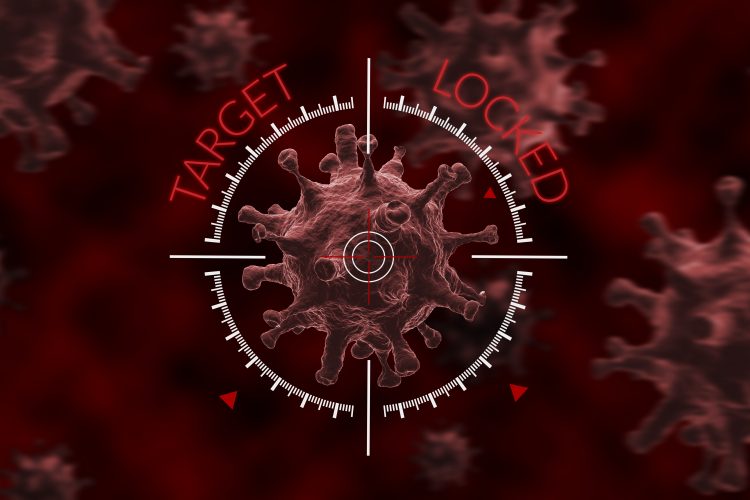

A study of the immune response in more than 180 patients recovering from COVID-19 has indicated “that durable immunity against secondary COVID-19 disease is a possibility in most individuals”.
According to the authors of the paper, these patients’ immune memory to the virus – across all immune cell types studied – was measurable for up to 8 months after symptoms appeared. These findings help to answer the question of whether an initial infection with SARS-CoV-2 (the virus that causes COVID-19 disease) leads to long-lasting protective immunity against reinfection.
The authors performed the study because they believed studying the nature of the humoral (antibody) and cellular immune response (including B and T cells) to the virus over periods of six months after symptom onset could help ascertain the duration of protective immunity. The team analysed a total of 254 samples taken from 188 US patients who had recovered from COVID-19. The majority had had mild symptoms that did not require hospitalisation, though seven percent were hospitalised.
Most subjects provided a blood sample at a single time point, between six days and eight months after symptoms took hold, though 43 samples were provided at 6 months or more following symptom onset. The samples were analysed for antibodies, B cells (which produce antibodies) and two types of T cells (which kill cells that are infected). The found:
- Antibodies, including those targeting the SARS-CoV-2 Spike (S) protein components, were relatively stable over six months – only exhibited modest declines at six to eight months after symptom onset.
- S protein-specific memory B cells were found to be more abundant six months after the onset of symptoms than at one month after.
- However, SARS-CoV-2-specific CD4+T cells and CD8+ T cells declined more rapidly, with a half-life of three to five months.
While they caution that “direct conclusions about protective immunity cannot be made on the basis of [their findings] because mechanisms of protective immunity against SARS-CoV-2 or COVID-19 are not defined in humans,” they suggested that a “reasonable” interpretation could be that resting immune memory compartments potentially contribute “in meaningful ways to protective immunity against pneumonia or severe secondary COVID-19”.
The study was published in Science.
Related topics
Analysis, Antibodies, Disease Research, Immunology, T cells
Related conditions
Coronavirus, Covid-19




